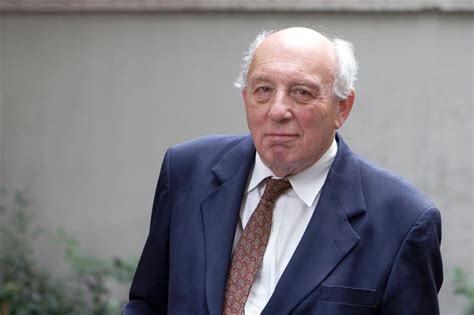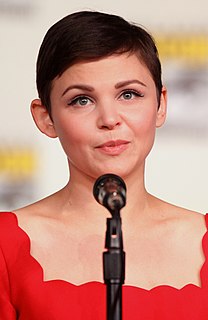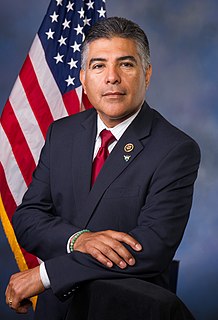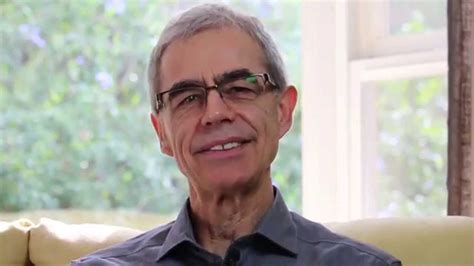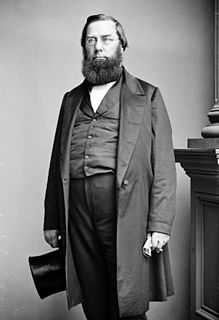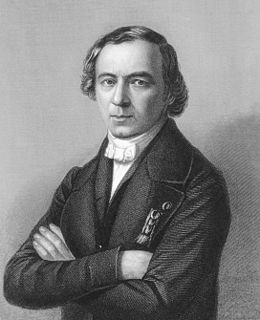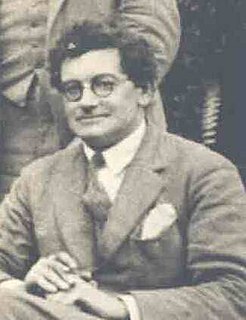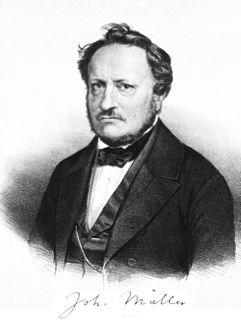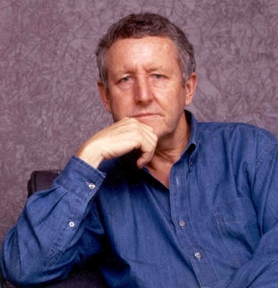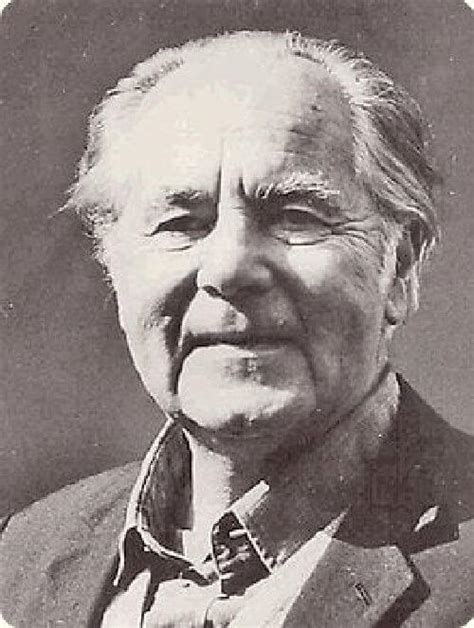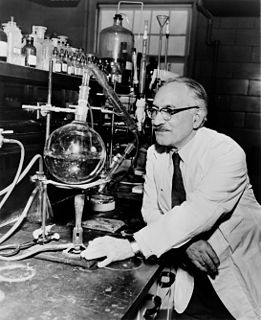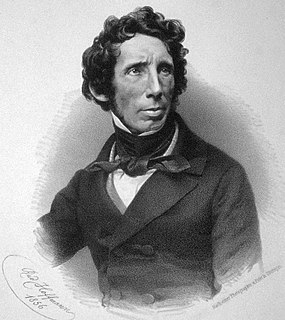Top 56 Inorganic Quotes & Sayings
Explore popular Inorganic quotes.
Last updated on November 15, 2024.
It is thought that the virus is a degeneration from a more complex life form. It may at one time have been capable of independent life. Now has fallen to the borderline between living and dead matter. It can exhibit living qualities only in a host, by using the life of another-the renunciation of life itself, a falling towards inorganic, inflexible machine, towards dead matter
It may be said that natural selection is daily and hourly scrutinizing, throughout the world, every variation, even the slightest; rejecting that which is bad, preserving and adding up all that is good; silently and insensibly working, wherever and whenever opportunity offers, at the improvement of each organic being in relation to its organic and inorganic conditions of life.
For the first time I saw a medley of haphazard facts fall into line and order. All the jumbles and recipes and hotchpotch of the inorganic chemistry of my boyhood seemed to fit into the scheme before my eyes-as though one were standing beside a jungle and it suddenly transformed itself into a Dutch garden.
Synthetic or inorganic substances do not contain any 'life force'; they are not dynamic. Everything is made of chemicals, but organic substances like essential oils have a structure which only mother nature can put together. They have a life force, an additional impulse which can only be found in living things.
Apart from the hostile influence of man, the organic and the inorganic world are ... bound together by such mutual relations and adaptations s secure, if not the absolute permanence and equilibrium of both ... at least a very slow and gradual succession of changes in those conditions. But man is everywhere a disturbing agent. Wherever he plants his foot, the harmonies of nature are turned to discords.
In most ecological systems you have a composite, biotic components as well as abiotic components acting together to form a whole, whereas in a human built environment most of the components are abiotic or they are inorganic. One of the first things we need to do is to complement the inorganic components with more organic components, and to make them interact to form a whole.
This new force, which was unknown until now, is common to organic and inorganic nature. I do not believe that this is a force entirely independent of the electrochemical affinities of matter; I believe, on the contrary, that it is only a new manifestation, but since we cannot see their connection and mutual dependence, it will be easier to designate it by a separate name. I will call this force catalytic force. Similarly, I will call the decomposition of bodies by this force catalysis, as one designates the decomposition of bodies by chemical affinity analysis.
It has occurred to me that possibly the white corpuscles may have the office of picking up and digesting bacterial organisms when by any means they find their way into the blood. The propensity exhibited by the leukocytes for picking up inorganic granules is well known, and that they may be able not only to pick up but to assimilate, and so dispose of, the bacteria which come in their way does not seem to me very improbable in view of the fact that amoebae, which resemble them so closely, feed upon bacteria and similar organisms.
"Humanism" is to be human, to think, to analyze, and to probe. To respond and to be stimulated by all living things - beasts, fowl, and fishes. To respond through touch, sight, smell, and sound to all things in nature - both organic and inorganic-to colors, shapes, and textures - to not only look at a blade of grass but to really see a blade of grass. These things, to me, are what life and living are all about. I would call it "Humanism."
Nature is man's inorganic body -- that is to say, nature insofar as it is not the human body. Man lives from nature -- i.e., nature is his body -- and he must maintain a continuing dialogue with it is he is not to die. To say that man's physical and mental life is linked to nature simply means that nature is linked to itself, for man is a part of nature.
Labels not only free us from the obligation to think creatively; they numb our sensibilities, our power to feel. During the Vietnam War, the phrase body count entered our vocabulary. It is an ambiguous phrase, inorganic, even faintly sporty. It distanced us from the painful reality of corpses, of dead, mutilated people.
It is essential for evolution to become the central core of any educational system, because it is evolution, in the broad sense, that links inorganic nature with life, and the stars with the earth, and matter with mind, and animals with man. Human history is a continuation of biological evolution in a different form.
In attempting to explain geological phenomena, the bias has always been on the wrong side; there has always been a disposition to reason á priori on the extraordinary violence and suddenness of changes, both in the inorganic crust of the earth, and in organic types, instead of attempting strenuously to frame theories in accordance with the ordinary operations of nature.
Mental patterns do not originate out of inorganic nature. They originate out of society, which originates out of inorganic nature. And, as anthropologists know so well, what a mind thinks is as dominated by biological patterns as social patterns are dominated by biological patterns and as biological patterns are dominated by inorganic patterns. There is no direct scientific connection between mind and matter. As the atomic scientist, Niels Bohr, said, "We are suspended in language." Our intellectual description of nature is always culturally derived.
Air is traditionally 'thin,' but the more we learn about our atmosphere, the more substantial it becomes. In some places it is so filled with inorganic flotsam that it is almost thick enough to plough; in others, it has become so primed with the by-products of life that it comes close to being a living tissue in its own right.
The whole analogy of natural operations furnishes so complete and crushing an argument against the intervention of any but what are termed secondary causes, in the production of all the phenomena of the universe; that, in view of the intimate relations between Man and the rest of the living world; and between the forces exerted by the latter and all other forces, I can see no excuse for doubting that all are co-ordinated terms of Nature's great progression, from the formless to the formed from the inorganic to the organic from blind force to conscious intellect and will.
We declare that only man exists. This is not to say that material, inorganic nature and nonhuman beings-animals and plants-are in any sense unreal, insubstantial, or illusory because they do not so exist. We merely state that the reality of these nonhuman realms differs from that of human existence, whose primary characteristic is Da-sein (literally being-the-there)... Man as man is present... in a manner wholly different from... inanimate things.
There is the theory that all the living forms in the world have arisen from a single source which itself came from an inorganic form. This theory can be called the 'general theory of evolution,' and the evidence which supports this is not sufficiently strong to allow us to consider it as anything more than a working hypothesis.
We are compelled by reflection to recognize that God is not to be placed against the material world [as in Christianity], but must be placed as a 'divine power' or 'moving spirit' within the cosmos itself ... All the wonderful phenomena of nature around us, organic as well as inorganic, are only various products of one and the same original force.



